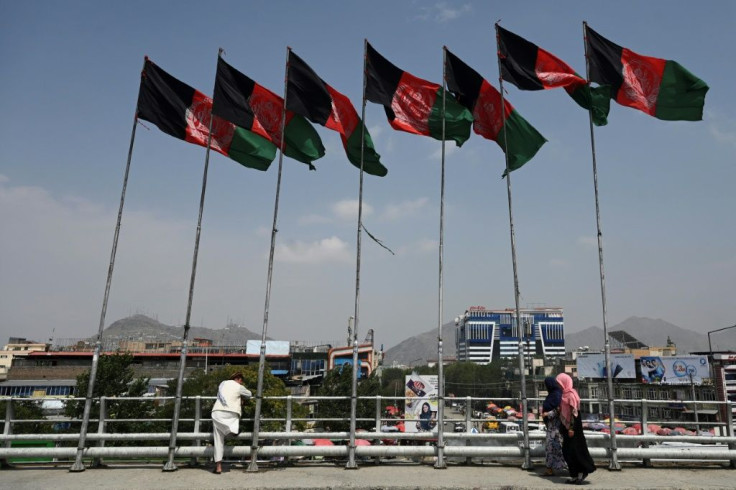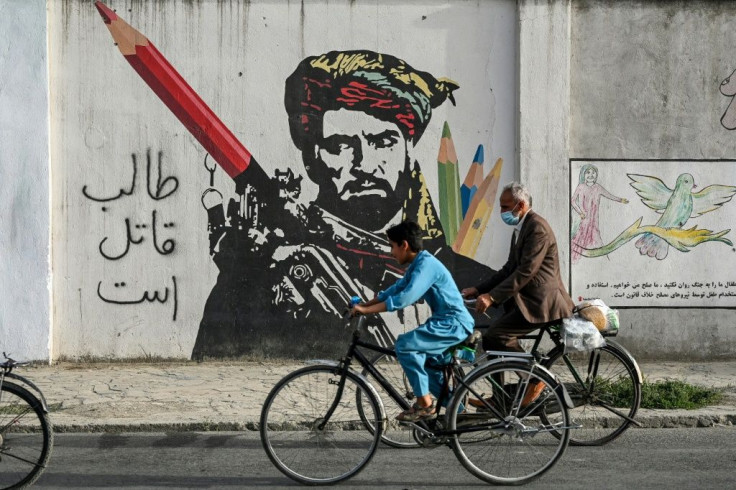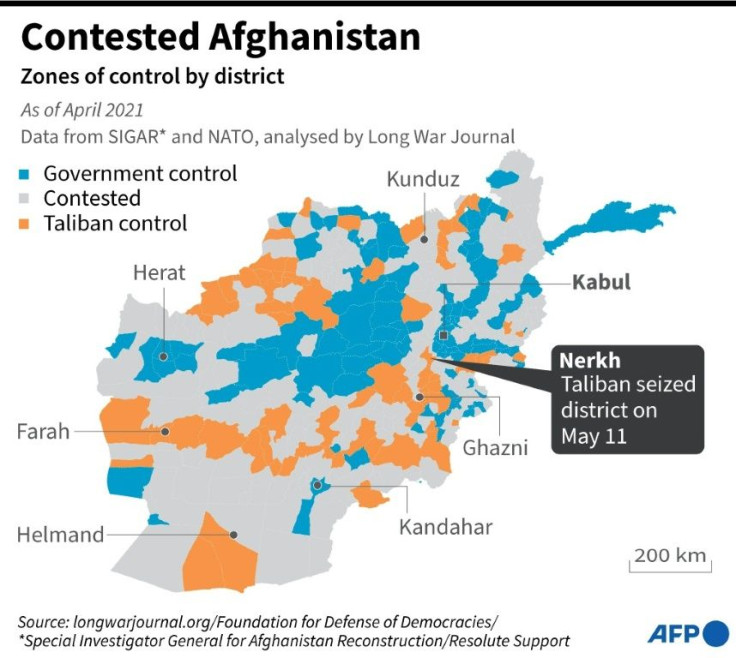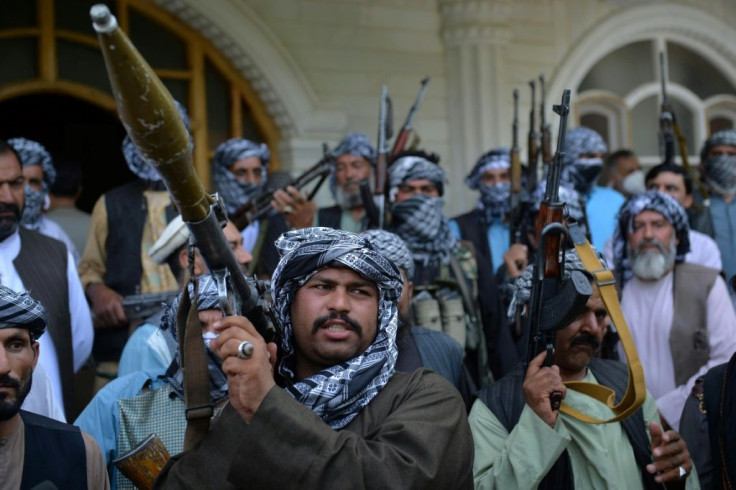Taliban See Battlefield Dominance As Path To Political, Diplomatic Power
With US forces largely gone from the battlefield, the Taliban have conducted a staggering, land-grabbing offensive that appears aimed at forcing the Afghan government to sue for peace on the insurgents' terms or suffer complete military defeat.
The scale and speed of the Taliban's campaign, and the inability of government forces to stem its progress, has swept aside any hopes that on-again-off again peace talks would produce a power-sharing framework ahead of the US military's final withdrawal at the end of August.
The Taliban are largely dictating when and where they will fight the government forces with multi-pronged thrusts that authorities are struggling to halt.

Brimming with confidence, they have besieged provincial capitals and stormed key border crossings.
Experts say it is still highly unlikely the lightly armed Taliban have the conventional strength to enter the heavily fortified capital of Kabul, where the Afghan military's air force and heavy weapons would keep the insurgents at bay.
But by choking off money and supplies to Kabul, the Taliban seem more geared to push the government to collapse after battering the morale of the security forces in the countryside.
"My sense is that the Taliban still prefer a political path, albeit one that for all purposes would be a capitulation," Ibraheem Bahiss, an analyst with International Crisis Group, told AFP.

"If that fails, they want to be in a position to take the military path as well."
After earlier trumpeting the potential for a negotiated settlement with the Taliban, US officials have become increasingly vocal that the insurgents are charting their own course with little regard for the international community's wishes.
"We need to see some gesture from the Taliban here that they're not just completely intent on winning the military victory," said US General Kenneth McKenzie, who is now overseeing the remaining operations in Afghanistan from his headquarters in America.

In just a matter of weeks the Taliban have left the Afghan security forces badly shaken -- despite nearly two decades of international oversight and tens of billions of dollars spent.
With US airpower largely removed from Afghan skies, the Taliban have seized more than 150 districts in the past two months alone, securing a vast archipelago of security outposts along with weapons, vehicles and military hardware.
Many districts and bases have fallen without a shot fired, with the Taliban deploying tribal elders to broker the surrender from poorly provisioned Afghan troops who appear to have lost the will to fight.

"The vulnerability of the security forces against the Taliban has been a surprise, as few expected them to crumble, even partially, this fast," said retired Afghan general Atiqullah Amarkhail.
The latest offensive has piggy-backed off a winter assassination campaign that targeted members of civil society, journalists, politicians and air force pilots in a bid to undercut faith in Kabul's ability to secure those who have benefitted the most from nearly two decades of international development.
Most of those killings went unclaimed, but experts point to the Taliban as the most likely culprit.
"Cities like Kabul are where the Taliban can expect opposition, in this case civil and political," stated a report by the Afghanistan Analyst Network published earlier this month.
"So pre-emptively targeting independently-minded 'public intellectuals' in the hope of eventually capturing the capital would make military sense."
The insurgents deny being involved in assassinating civilians, while some murders have been claimed by the jihadist Islamic State.
Reversing the insurgents momentum will be crucial for the Afghan government, with several months still left in the annual fighting season before cold weather curtails major combat operations.
The Taliban have sent mixed messages whether they will attack the cities they now besiege, with their leaders publicly vowing to refrain from fighting in urban areas even as their foot soldiers unleash withering assaults on the outskirts of provincial capitals.
But the sheer range of the Taliban's positions across most corners of Afghanistan is unprecedented.
One day the insurgents appear to be on the verge of overrunning a provincial capital in the northwest, and the next they are at the gates of Kandahar in the south -- all while seizing valuable border crossings and dry ports.
The strategy appears to be aimed at achieving multiple goals -- exhausting the country's overstretched air force and commando units, and depriving Kabul of much needed revenue.
It has also cut the central government off from the traditionally anti-Taliban strongholds it relies on for backing.
"The most surprising thing about the Taliban's offensive is its focus on the north and west. The Taliban is taking the fight to the doorstep and living room of Afghanistan's power brokers," said Bill Roggio, a senior fellow at the Foundation for the Defense of Democracies.
"If the warlords and other influential leaders are denied their base of support in the north and west, the Afghan government is lost."
© Copyright AFP 2024. All rights reserved.





















